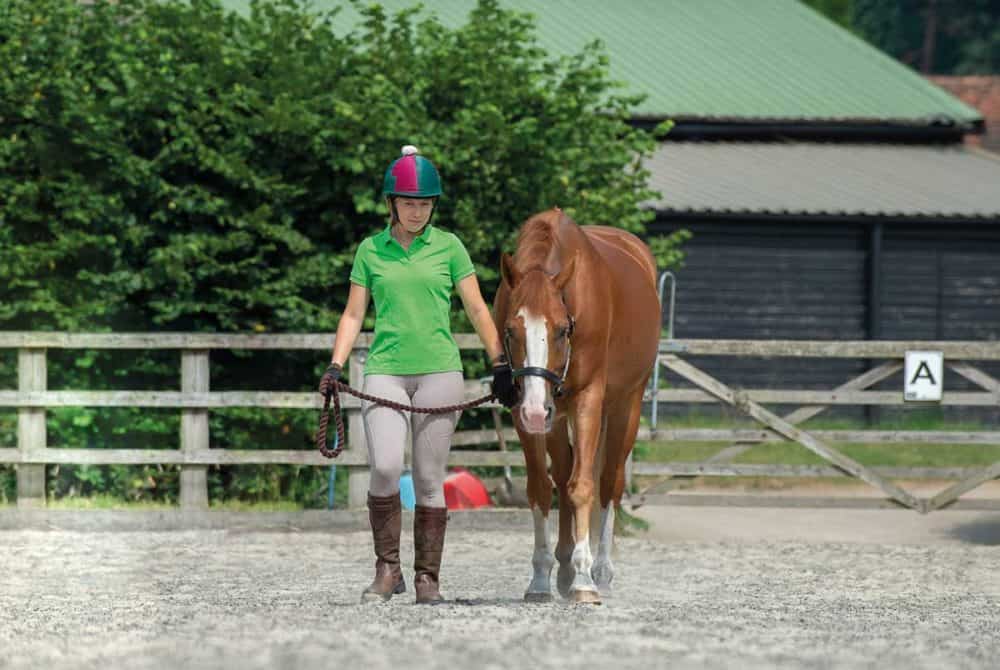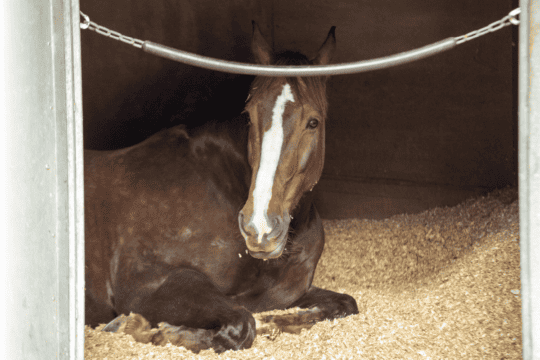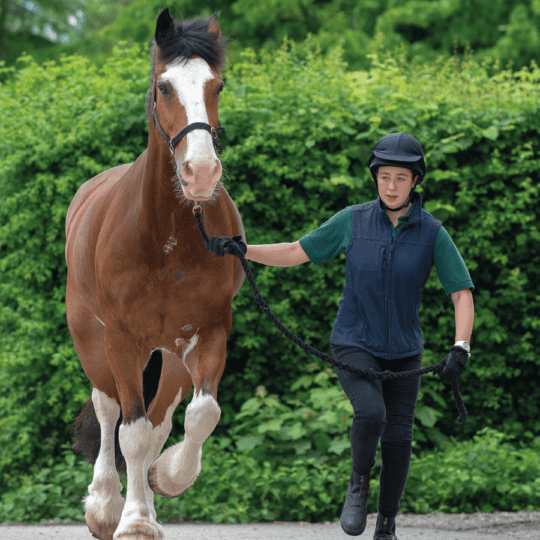The emergency treatment room for colic
Posted 16th July 2020
Nothing can prepare you for the shock of hospital referral if your horse comes down with a sudden bout of colic, but some prior knowledge might help. Victoria South sheds light on the subject

If your horse shows signs of colic, your first response will be an emergency call to your vet. Most of the time they’ll be able to examine him and design a treatment plan that can be carried out at home. However, in some cases, they’ll recommend a referral to an equine hospital for further investigation.
In a frightening situation such as this, a lot of the information bestowed upon you by your well-meaning vet is likely to go over your head while you await further news. However, by absorbing as much knowledge ahead of time, you’ll feel far better equipped to deal with the road ahead. Here I answer some questions you may have on the topic.
Why might my horse need referring to hospital?
While the most obvious reason many owners associate with hospitalisation is surgery, there are a range of reasons as well as this. It could be that your horse…
…needs hospitalised intensive care
In some instances, the horse needs a high rate of fluids by mouth or via an intravenous catheter. This is the fastest, most successful way to correct impaction colic, where the large intestine or caecum becomes obstructed with dried food material.
…needs hospital facilities
In some circumstances, the colicking horse can’t be cared for at home because the facilities simply aren’t suitable. Perhaps he doesn’t have a stable, can’t be kept off feed for 12–24 hours or can’t have overnight checks. If the vet’s concerned the colic signs might recur, they might suggest referral to a centre where there’s an overnight team available to keep a closer eye.
…needs further investigation
A fairly frequent reason for referral is because the horse hasn’t responded to first line treatment and the vet thinks his symptoms need more thorough investigation.
…needs colic surgery
A strangulating obstruction of the intestines can only be repaired with abdominal surgery – the sooner the surgery can take place, the better the outcome. Therefore, if your vet suspects this type of colic, they’ll recommend sending your horse to hospital as soon as possible.
Find out more about what to expect if your horse gets referred in September Horse&Rider, on sale 23 July 2020










